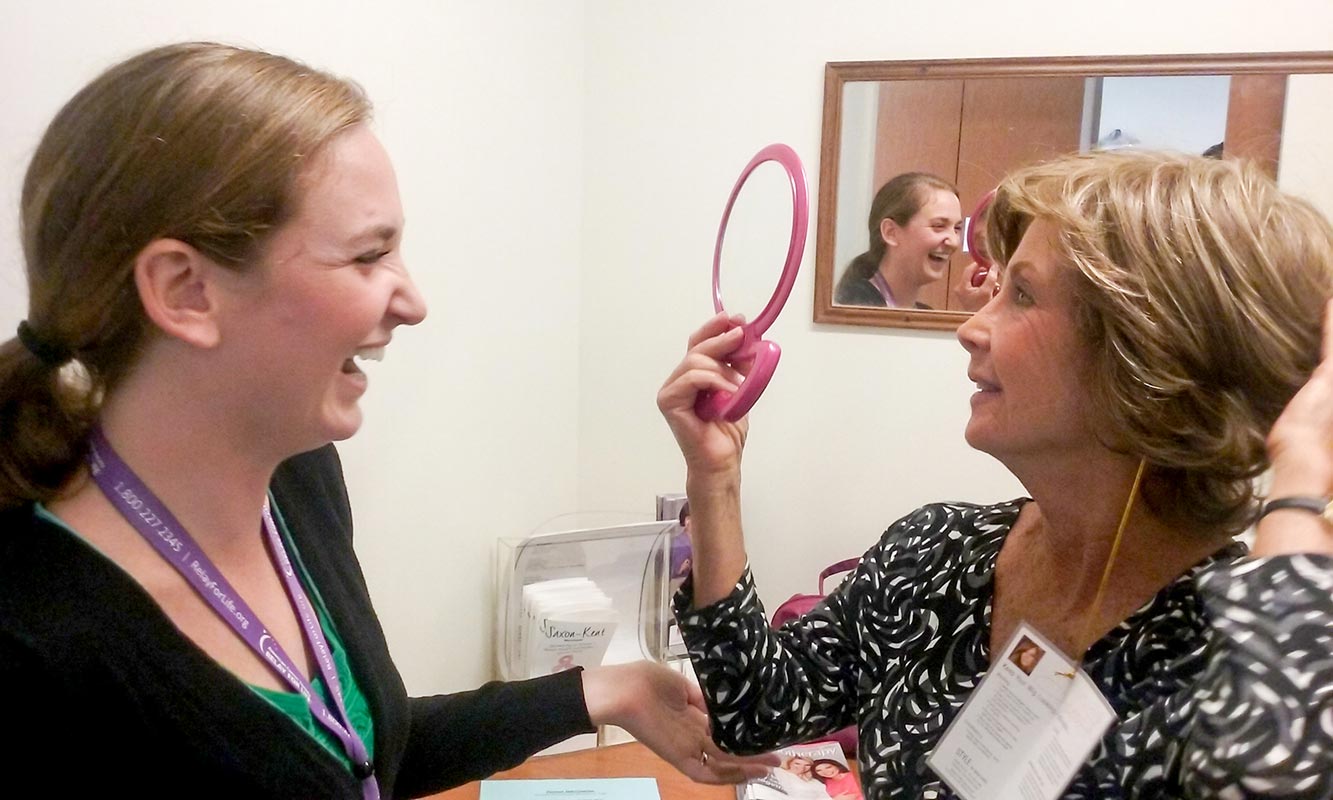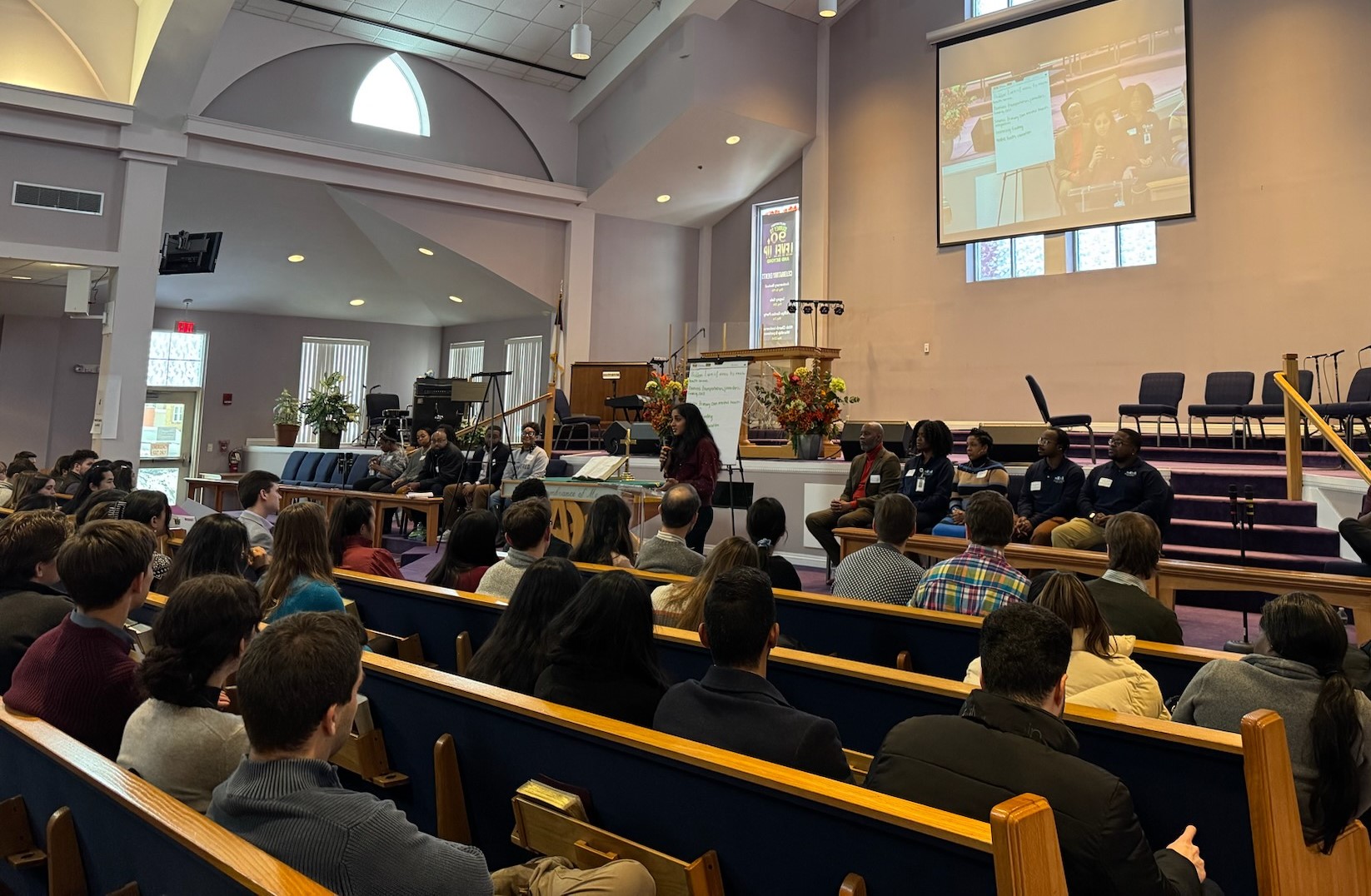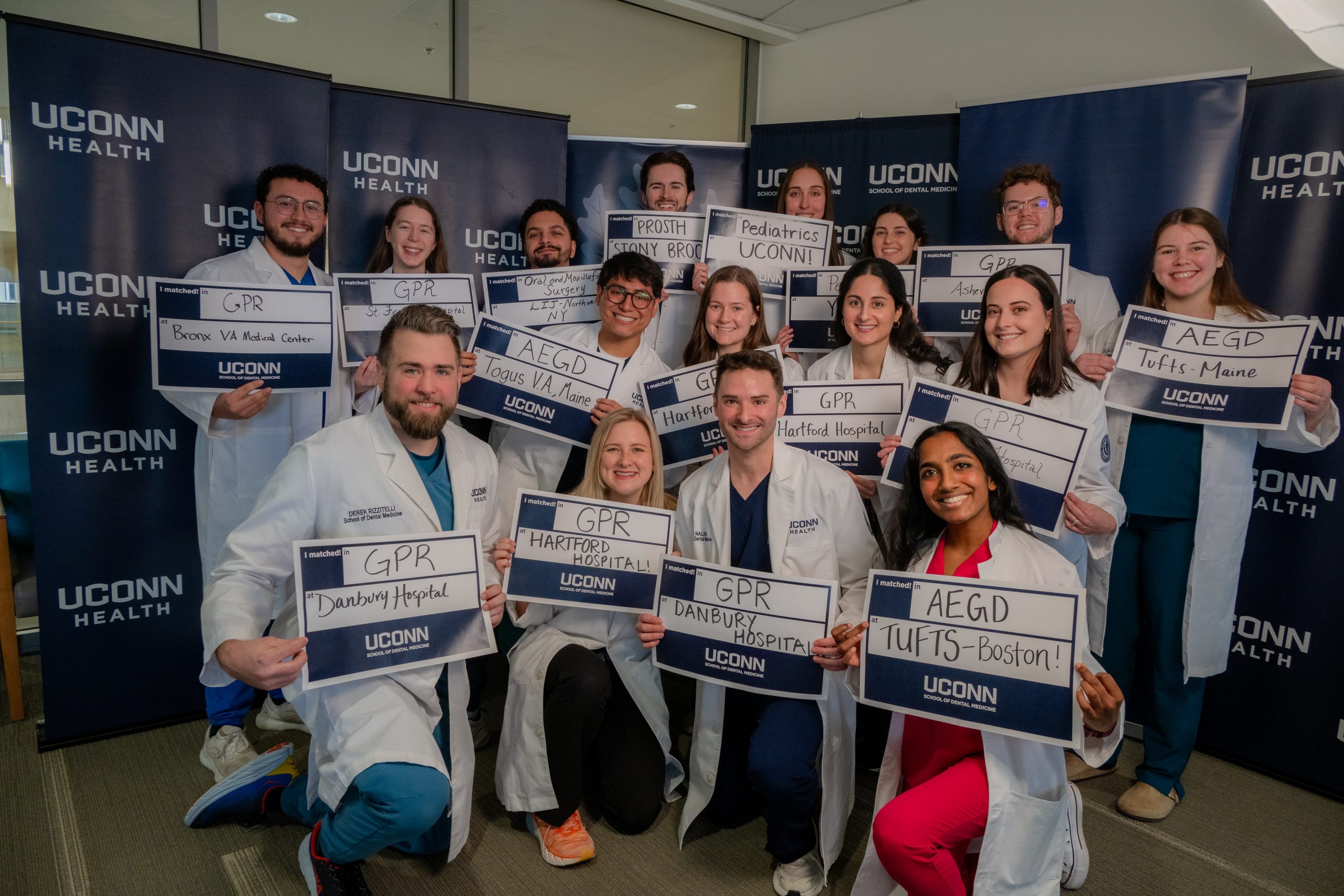This years’ National Cancer Day on June 7, will look different than in the past as gatherings have been put on hold due to the COVID-19 pandemic. However, the annual treasured celebration of life will still take place.
A cancer survivor as defined by the American Cancer Society is anyone living with a history of cancer- whether in treatment, newly diagnosed, or in remission for many years.
Thanks to advances in cancer prevention, early detection, treatment, and follow-up care, more people than ever before are surviving the disease. In America alone, more than 16.9 million people are alive today after being diagnosed with cancer.
Amber Tillinghast, UConn Health’s American Cancer Society patient navigator at the Carole and Ray Neag Comprehensive Cancer Center has spent the past four years connecting patients with programs and services and tries to take at least some of the fear and uncertainty out of what lies ahead after a cancer diagnosis.
Transportation is a hurdle for some patients who need to get to appointments and treatments, but don’t have access to rides. Tillinghast helps connect patients with rides through several programs and grants that help in this situation. During the COVID-19 pandemic, this became a challenge as many of the companies and public transportation that is typically used were no longer available. But the team became creative and helped patients with this need.
Tillinghast also helps those who struggle with every day financial issues and connects them to sources that can help. She also helps with the wig bank which provides wigs for those looking for head covering and are fit for free.
Support is another big part of the role Tillinghast plays in connecting those who are going through cancer with others. “For many, they just need a friend and someone who will listen to them,” says Tillinghast.
In her time in her role, Tillinghast indicates that the cancer patients she has met have had incredible strength and develop a fight mode that is very inspiring to see. “They focus on the positives and view life differently taking time to look at the little things, family, and themselves.”
Dr. Pramod Srivastava, director of UConn’s Carole and Ray Neag Comprehensive Cancer Center says that recognizing survivorship is important because surviving cancer is a personal triumph and “because we should never forget that, although survivorship begins at diagnosis, it extends far beyond the last treatment. It extends to the rest of life, because survivors face unique challenges, and we must keep developing new ways to help survivors meet those challenges.”
6 Tips for Recognizing Milestones in a Life with Cancer
- Take time to reflect. Arrange for a quiet time to think about your cancer experience and reflect on the changes in your life.
- Plan a special occasion. Having a special event is a good way to recognize milestones.
- Donate or volunteer.
- Join an established celebration.
- Do something you like.
- Celebrate your way.



